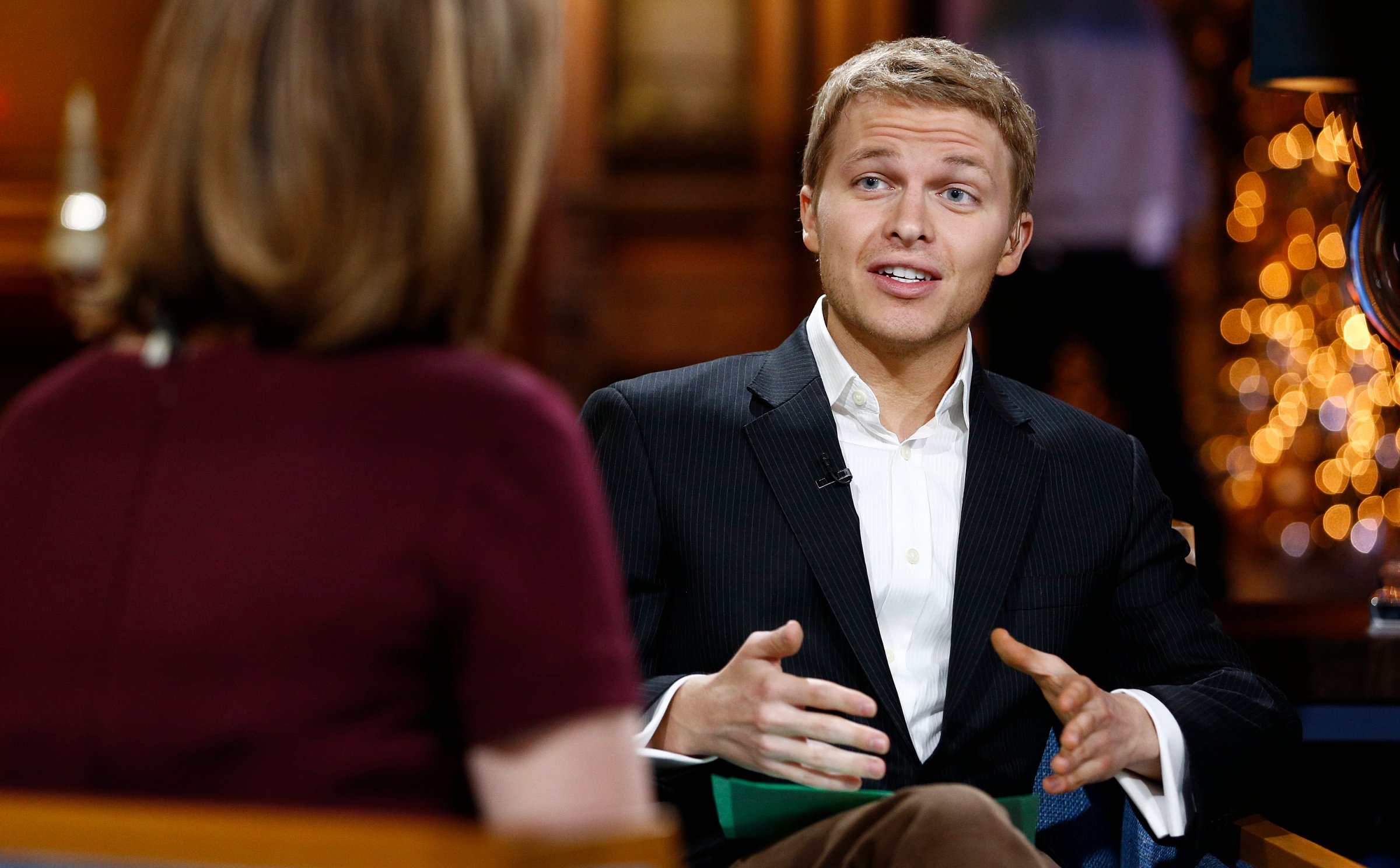
Chances are you wouldn’t sit down to a plate of sautéed thymus glands, to say nothing of a poached patagonian tooth fish; and the odds are you’d be reluctant to tuck into a monkey peach too. But sweetbreads, Chilean sea bass and kiwifruit? They’re a different matter—except they’re not. All of those scrumptious foods once went by those less scrumptious names—but few people went near them until there was something pleasant to call them. Words have that kind of power.
That’s true in advertising, in politics and in business too. And it’s true when it comes to vaccines as well—but in this case those words can have a lethal power. The bad news is that in the vaccine word game, the good guys (they would be the ones who know that vaccines are safe, effective and save from two to three million lives per year) are being caught flat-footed by the bad guys (those would be the ones whose beliefs are precisely opposite—and therefore precisely wrong).
The battle plays out on Twitter, with the handy—and uninformed—handle #CDCWhistleBlower repeatedly invoked by virtually every fevered anti-vax tweet like a solemn incantation. The term refers to Dr. William Thompson of the Centers for Disease Control and Prevention, who supposedly blew the lid off of the great vaccine conspiracy by confessing to irregularities in a 2004 study that deliberately excluded data suggesting a higher rate of autism in African-American boys who had been vaccinated. Scary stuff alright, except that the study was poorly conducted, the data was left out for purely statistical and methodological reasons, and the paper itself has now been withdrawn. But the hashtag stain remains all the same—with the usually noble whistleblower label being put to low purpose.
Something similar is true with the widely cited Vaccine Injury Court, another frightening term, except that no such thing exists—at least not by that name. It’s true there is an Office of Special Masters which, under a smart 1986 law, hears the claims of parents who believe their children have been injured by vaccines. The panel was created to provide no-fault compensation in all such cases, since drugs that are as vital and are administered as widely as vaccines could never be manufactured or sold affordably if the companies themselves had to pour millions and even billions of dollars into defending themselves against claims.
It’s true too that the court has paid out about $2.8 billion to parents and families since 1989, but those awards are overwhelmingly for relatively minor side effects that are fully disclosed by the ostensibly secretive CDC for any parents caring to look on the agency’s website. And to put that $2.8 billion in perspective: The money went to 3,727 claimants over an approximate generation-long period during which 78 million American children were safely vaccinated, preventing an estimated 322 million illnesses and 732,000 deaths. If you’re crunching the numbers (and it’s not hard to do) that factors out to a .0048% risk of developing what is overwhelmingly likely to be a transient problem—in exchange for a lifetime of immunity from multiple lethal diseases.
But brace for more anyway because October is, yes, Vaccine Injury Awareness Month. Because really, what does a dangerous campaign of misinformation need more than 31 catchily named days devoted to itself?
Still, there’s no denying that catchiness works, and on this one the doctors and other smart folks are going to have to get off the dime. MSNBC’s Ronan Farrow—who either is or isn’t to your liking depending in part on whether MSNBC itself is—has emerged as a smart, persuasive, often brilliantly cutting advocate for the vaccine cause. And on his Oct. 10 show he deftly filleted the arguments of a vocal anti-vax mother whose child is undeniably suffering from a number of illnesses, but who wrong-headedly blames them on vaccines. In this show as in others he invites his audience to learn the truth about vaccines and to connect with him and one another via the handle #VaccineDebate.
And right there he tripped up. For the billionth time (as Farrow knows) there is no debate. Just as there is no climate change debate. Just as there is no moon-landings-were-faked debate. And just as there was nothing to the tobacco company’s disingenuous invention of a “cigarette controversy,” a fallback position they assumed when even they knew that cigarettes were killers and that they couldn’t straight-facedly say otherwise, so the best they could do was sow doubt and hope people stayed hooked.
Little more than 30 seconds spent listening to Farrow talk about vaccines makes it unmistakably clear where he stands—but the very fact that we now live in a hashtag culture means that it’s by no means certain he’s going to get that 30 seconds. So step up your game, smart people. You want to get the vaccine message out, do it in a way that works in the 21st century. And if that means a hashtag, why not #VaccinesWork or #VaccinesAreSafe or #VaccinesSaveLives. Of course, there’s also the more thorough and satisfying #AntivaxxersDon’tKnowWhatThey’reTalkingAboutSoPleaseStopListeningToThem, but that gets you exactly halfway to your 140-character limit. So keep it brief folks—and make it stick.
More Must-Reads from TIME
- Cybersecurity Experts Are Sounding the Alarm on DOGE
- Meet the 2025 Women of the Year
- The Harsh Truth About Disability Inclusion
- Why Do More Young Adults Have Cancer?
- Colman Domingo Leads With Radical Love
- How to Get Better at Doing Things Alone
- Michelle Zauner Stares Down the Darkness
Write to Jeffrey Kluger at jeffrey.kluger@time.com